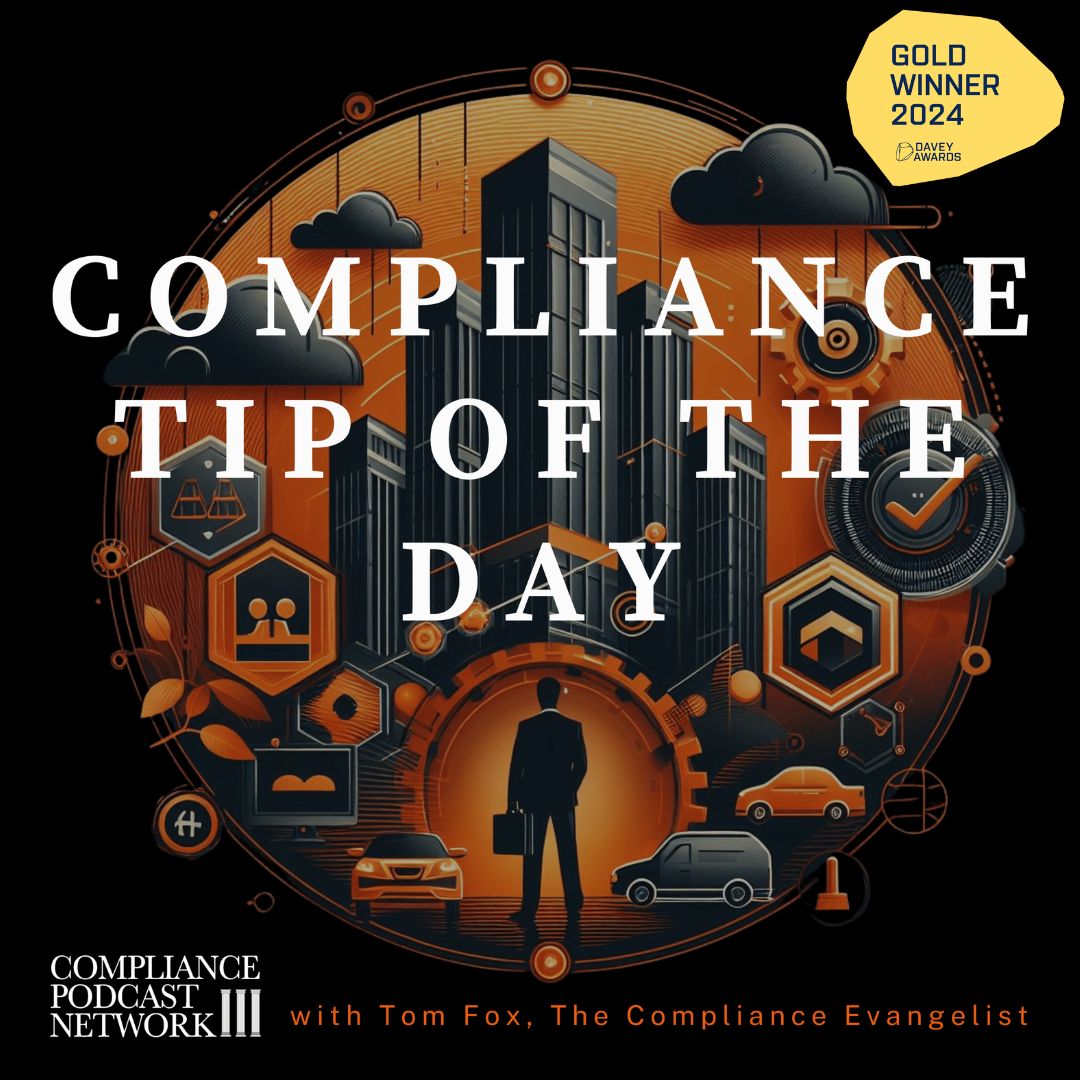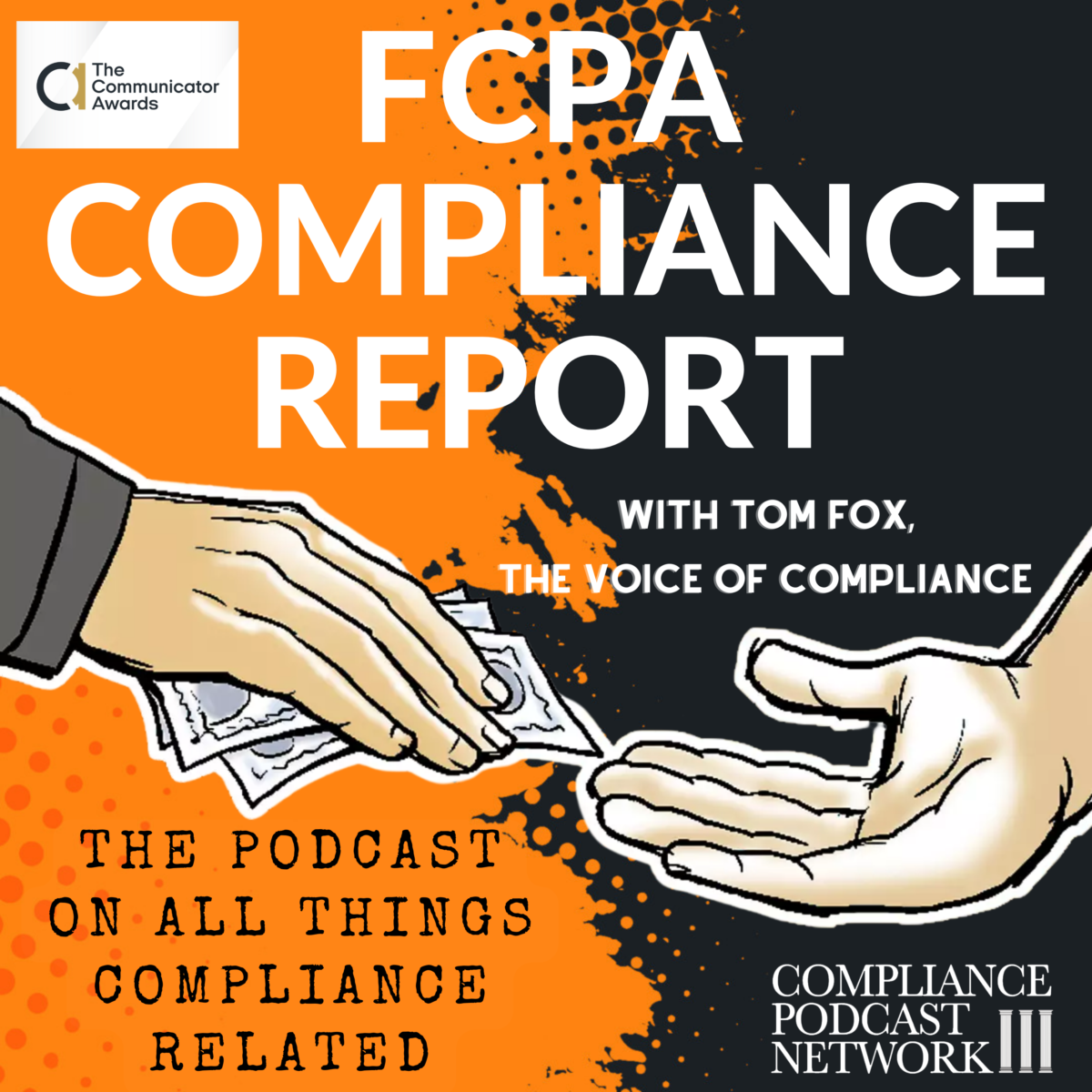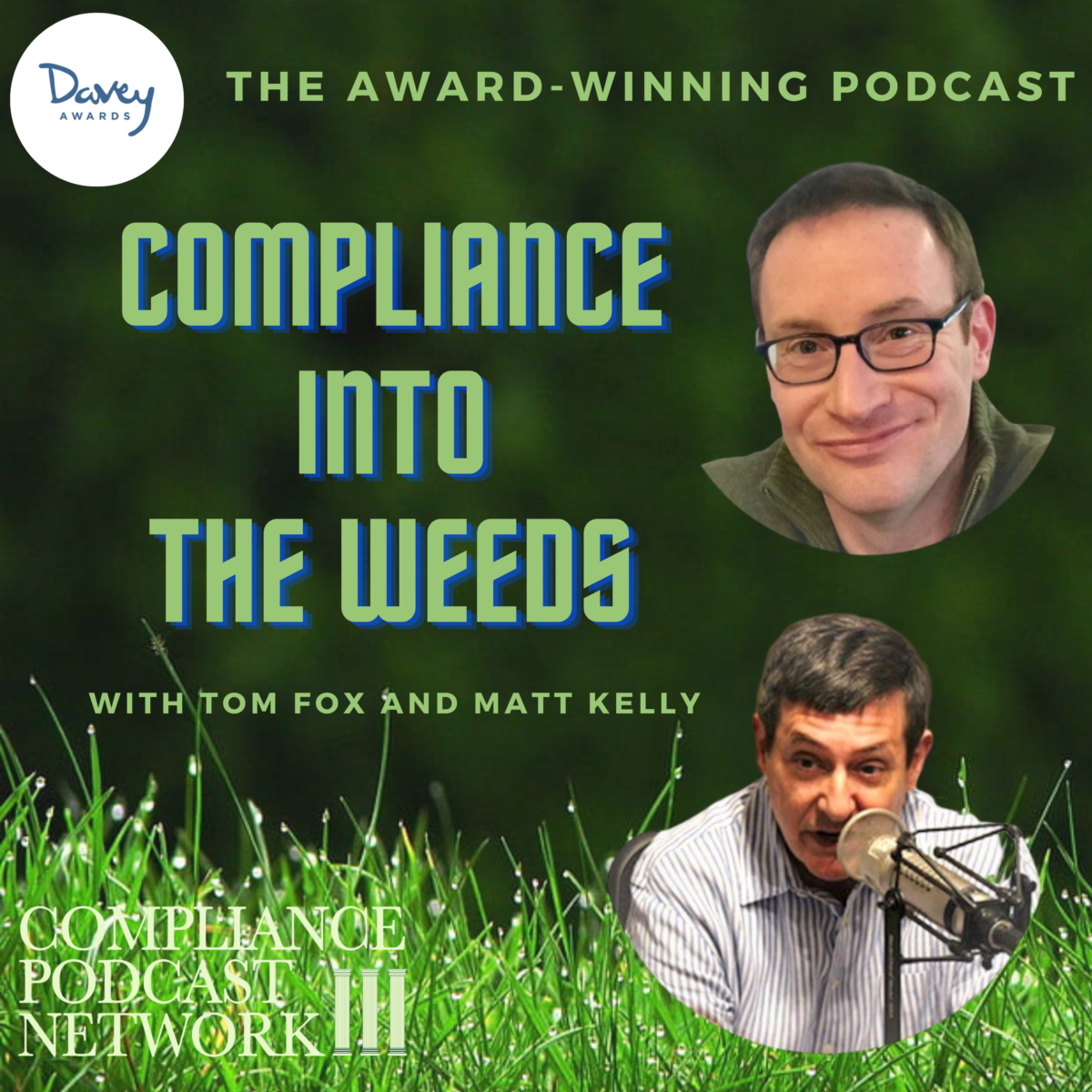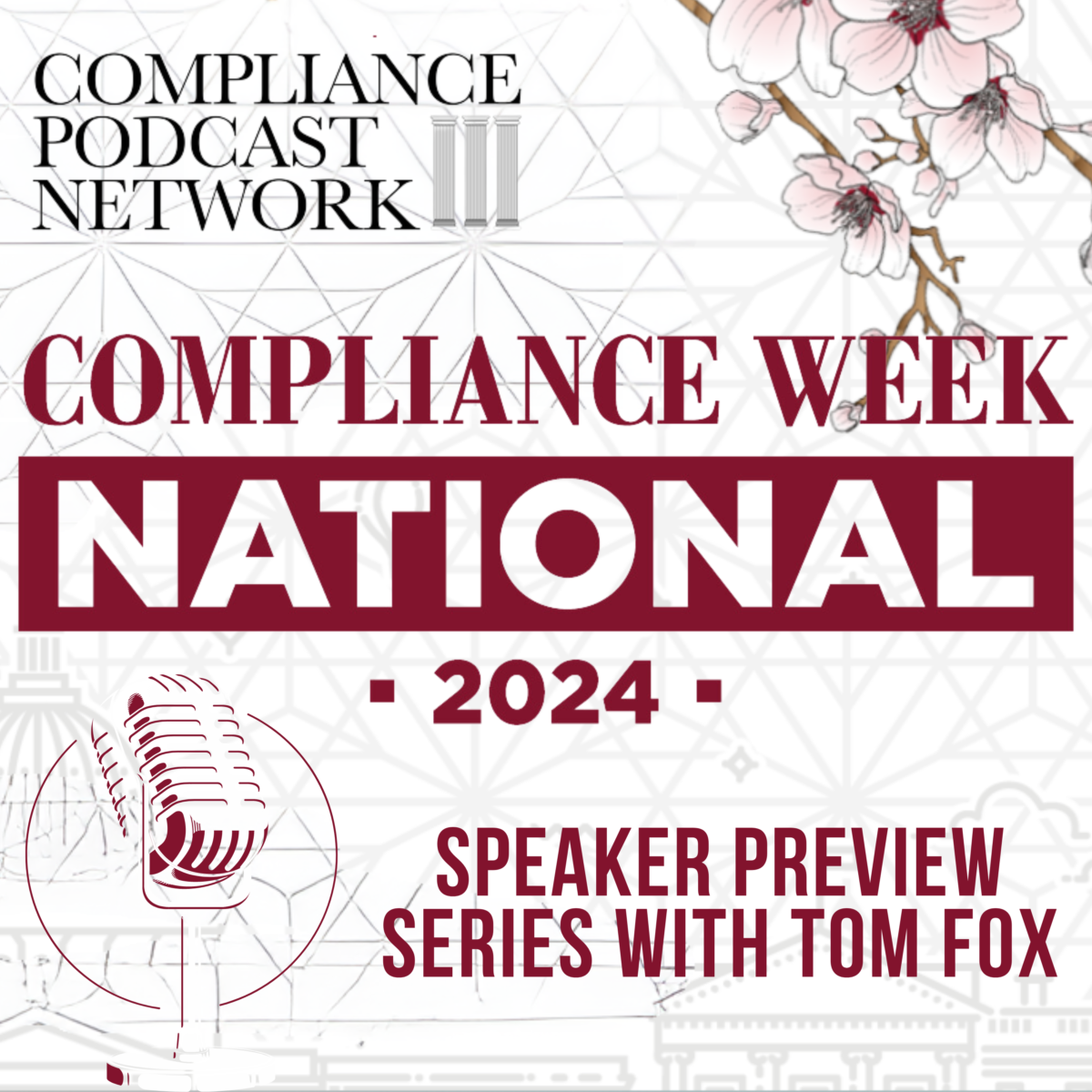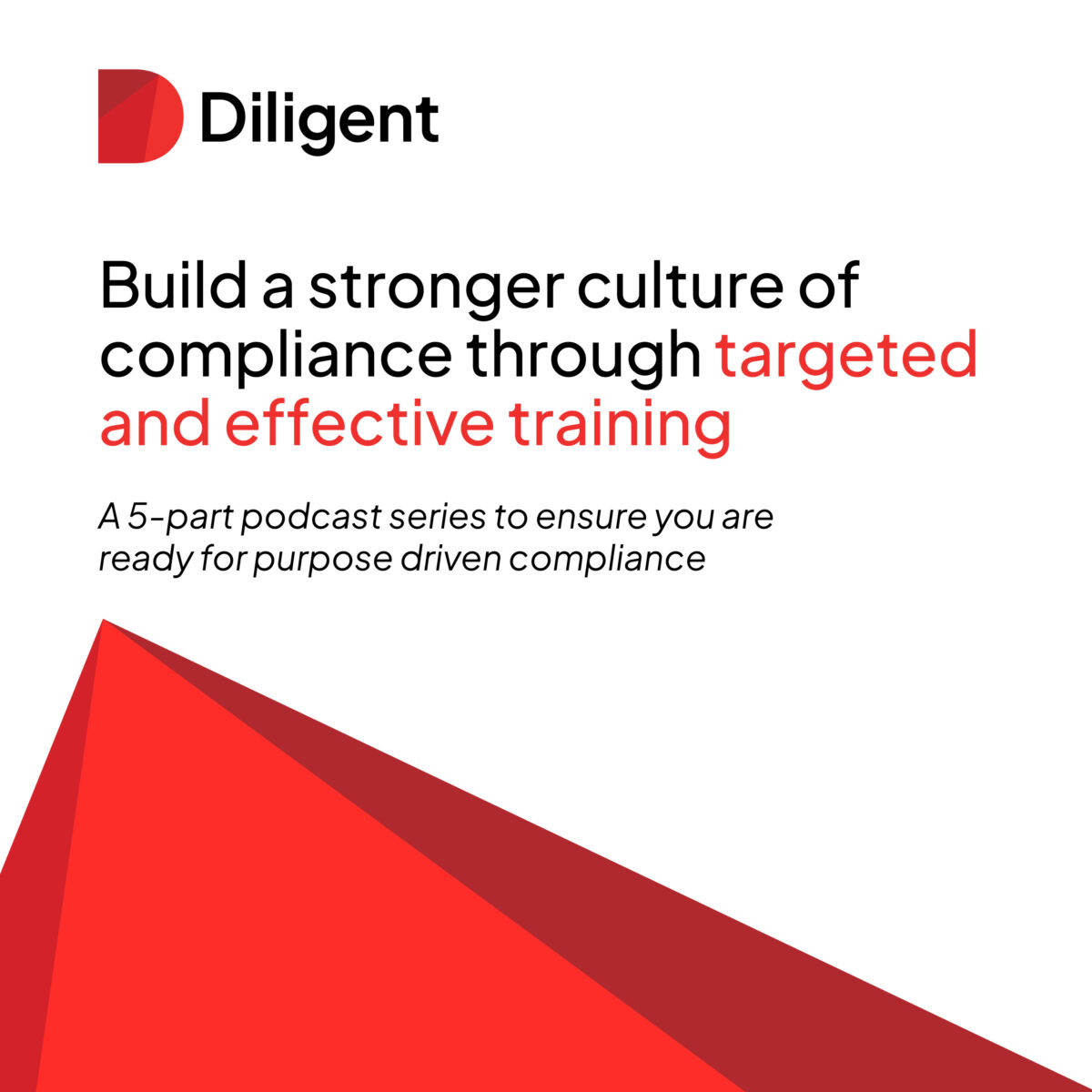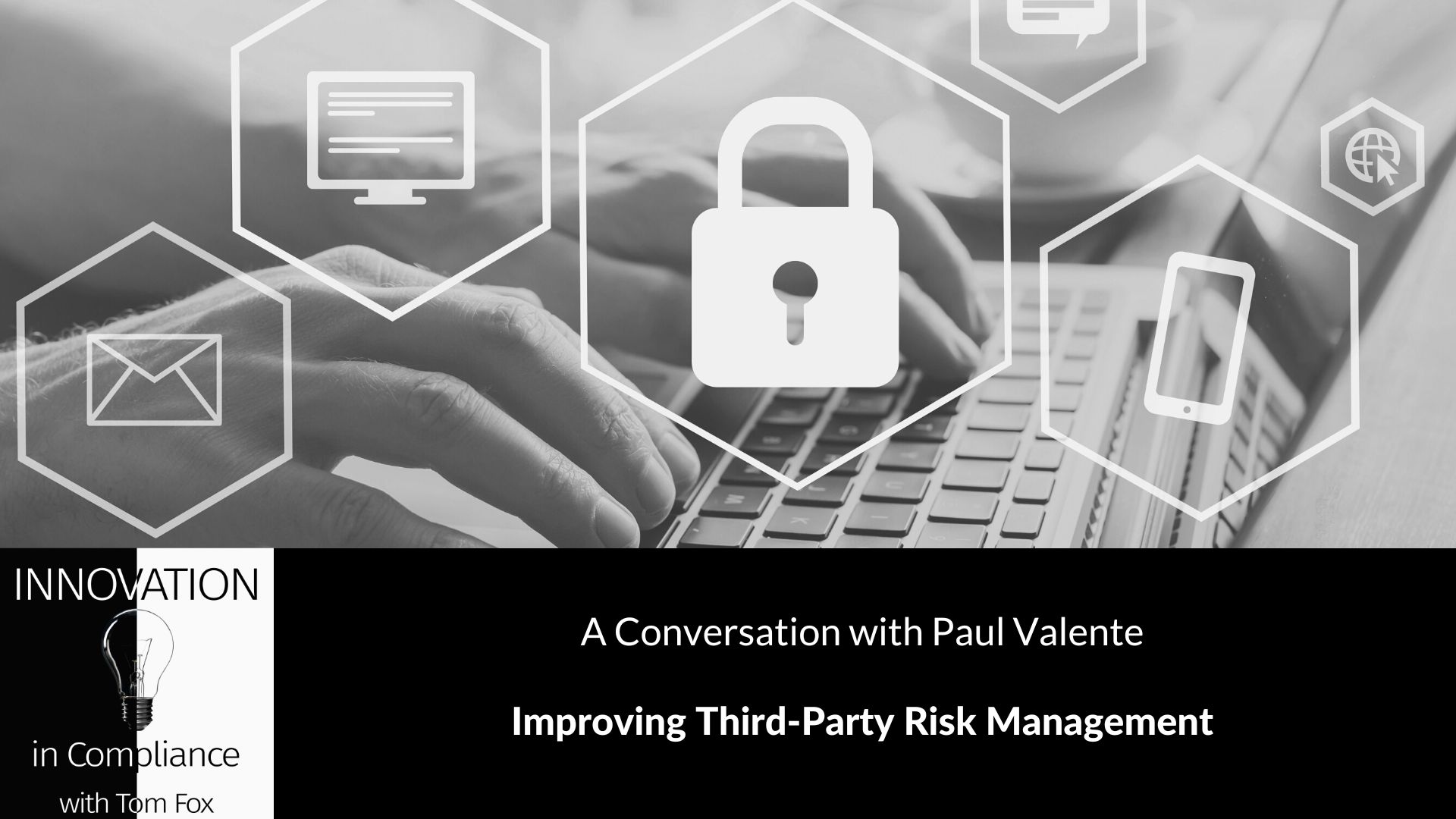Welcome to a special 5 part blog post series on building a stronger culture of compliance through targeted and effective training, sponsored by Diligent. Over this series I will visit with Kunal Agrawal, Director of Customer Success at Diligent; Kevin McCoy, Customer Success Manager at Diligent; Jessica Czeczuga, a Principal Instructional Designer; Andrew Rincon, Global Accounts Management Advisor at Diligent; and David Greenberg, former CEO and Special Advisor at LRN and Director at International Seaways. Over this series, we will consider the importance of ongoing communications, the value of targeted training, training third-parties, and the role of the Board of Directors. In this Part 4, we discuss how to put together a training program for third parties with Andrew Rincon.
In today’s global business landscape, third-party compliance training are more crucial than ever. Ensuring that your organization’s distributors, vendors, and other third-party affiliates adhere to necessary regulations can minimize legal and financial risks, protect your company’s reputation, and foster a culture of ethical business practices. As compliance professionals responsible for training these third parties, it’s essential to stay informed about cutting-edge strategies and techniques for effective risk management. This blog will explore practical steps that can be implemented to improve your third-party compliance training and due diligence processes, allowing you to uphold your organization’s regulatory standards and contribute positively to the industry. Here are the steps to get Improved third-party compliance training and due diligence processes.:
1. Assess third-party risk during onboarding.
2. Utilize micro training videos for efficiency.
3. Customize training materials for specific regions.
Assess third-party risk during onboarding. Due Diligence on and assessing third-party risk is not a ‘one size fits all’ process. This critical step allows organizations to identify high-risk distributors, vendors, and other third parties that may pose potential threats to the business in terms of bribery, corruption, and other regulatory violations. By conducting a thorough risk assessment, organizations can effectively mitigate these risks and ensure that they are partnering with ethical and responsible businesses, ultimately fostering a strong culture of compliance throughout their sales or supply chain ecosystem. Moreover, such an approach is critical throughout the lifecycle of the relationship. Rincon emphasized the importance of proactive ongoing due diligence measures, such as automated screenings and monitoring, sending out attestations, and conducting regular training courses.
Effectively educating, resellers, agents distributors and other third-parties on compliance policies and expectations is critical and cannot be overstated. Providing proactive training not only helps in preventing compliance violations but also demonstrates to regulators your organization’s commitment to maintaining high ethical standards. This, in turn, can mitigate penalties in case of inadvertent violations and foster a trust-based relationship with regulatory authorities. By adopting these practices and leveraging technology to automate certain processes, organizations can ensure that they are partnering with ethical third parties, minimize their exposure to regulatory risks, and foster a strong culture of compliance across their entire network. By doing so, they not only protect their businesses from potential harm but also contribute to a more transparent and ethical global marketplace.
Utilize micro training videos for efficiency. In the field of compliance, training third parties remains a critical aspect of managing and mitigating risks associated with regulatory and legal frameworks such as the Foreign Corrupt Practices Act (FCPA). With the increasing need for efficient and effective compliance processes, it becomes essential for compliance professionals to employ innovative strategies to achieve their objectives while minimizing disruptions to business operations. By leveraging this method, companies can ensure that their distributers and internal client gatekeepers receive consistent and easily digestible information, enhancing their understanding of compliance policies and expectations.
Rincon said that by breaking down complex topics into easily understandable portions, micro training videos enable organizations to communicate the essential aspects of their compliance policies and expectations in a concise and engaging manner. Through the ability to cater to different audiences, these training resources contribute to a more comprehensive approach towards addressing third-party risk. The adoption of micro training videos as a tool for third-party compliance education serves an essential purpose for compliance professionals. By incorporating this method, companies can enhance their third-party risk management processes and ensure that their partners are aware of the applicable legal and regulatory frameworks. This leads to improved adherence to compliance policies, reduced likelihood of violations, and overall risk mitigation.
Customize training materials for specific regions. Effective third-party compliance training often involve the customization of training materials for specific regions. This ensures that the training is relevant, relatable, and impactful for third parties, taking into account regional differences, languages, and sensibilities. Customizing training materials also fosters a deeper and more nuanced understanding of the compliance policies and expectations towards each party, thereby mitigating the risks associated with inadequate understanding or implementation of compliance standards. Furthermore, cultural sensitivities and regional variations can be taken into account when designing training, ensuring a more engaging and effective learning experience for the target audience.
Rincon micro-training video shorts can be easily customized for different regions and translated into multiple languages. With such versatile tools, compliance professionals can promote clear and concise messaging to their third-party partners, thus reinforcing the importance of compliance policies and due diligence throughout the duration of the business relationship. Customizing compliance training materials for specific regions not only makes the training more effective, engaging and relevant but also supports robust risk management and streamlined third-party due diligence processes.
For compliance professionals dedicated to training third parties, the effectiveness of your compliance and due diligence processes plays a significant role in safeguarding your organization from potential risks. The steps discussed, including customizing training materials for specific regions, agents, reseller, distributors and other business parnters on compliance policies and using technology to track irregularities, can greatly enhance your efforts to ensure that your third parties meet and maintain compliance expectations. With diligent application of the guidance provided, you can foster a well-informed and compliant network of third parties, ultimately ensuring your organization’s ongoing success.
Join us tomorrow where we review the role of the Board of Directors in a compliance regime.



